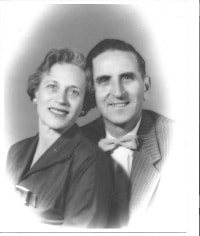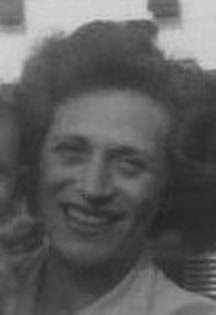
When my last parent died, I felt I had lost my buffer. Without my mom, there was no longer a layer that protected me. When she was alive, no matter what happened or what curve life threw my way, I had someone older and wiser to lean on and learn from. My mom was wise and she continually helped me put my life and experience in perspective.
Many friends share the difficulty of caring for a mother or father who is sick and failing. Roles shift and the child becomes the caretaker. But even in sickness, a friend shared that she was able to sit close and lean her head on her mother’s shoulder. Just the very act was comforting, even though their roles had reversed.
It is during the role reversal that many of us grieve for the parent we have already lost. And we might think that in grieving and accepting the loss, we will be prepared for the finality of death. But many of us find that nothing prepares us for our parent’s death; especially our last parent.
The pain of losing a parent can be intense. I’ve heard this is true whether you had a good relationship or not. Most friends shared that the first year was the hardest. I found this true and was grateful as I moved into the second year following my mother’s death.
When my grief lingered, my husband encouraged me to find others to fill the void. “Look for someone older to establish a relationship,” he suggested. But I had lost more than my mother; within a year of her death, my last aunt died along with most of my mother’s close friends. I felt as if I lost an entire layer of my life.
So how did I move on? I did cultivate a stronger bond with my siblings and that helped me feel the continuity of family. But in my mother’s absence, I myself filled the void and took on her role. I learned how to comfort myself and my family. I became stronger and looked to myself for answers. Even today, if I have any doubts, I replay my mother’s messages over in my mind. She did her job well and I learned from the master. “Things have a way of working out,” she often said and you know what, they usually do.
Robbie Miller Kaplan is an author who writes from a unique perspective as a mother who has lost two children. She has written How to Say It When You Don't Know What to Say, a guide to help readers communicate effectively when those they care about experience loss, available in ebooks for "Illness & Death," "Suicide," "Miscarriage," "Death of a Child," "Death of a Stillborn or Newborn Baby," "Pet Loss," "Caregiver Responsibilities," "Divorce" and "Job Loss." All titles are in Amazon's Kindle Store.


 RSS Feed
RSS Feed
